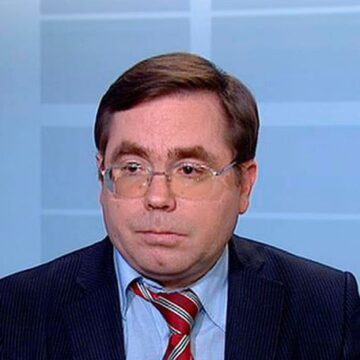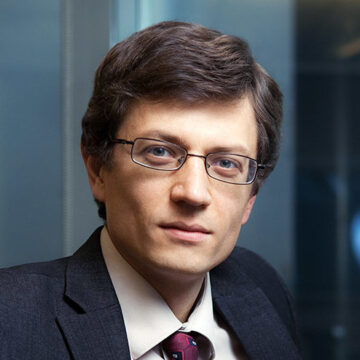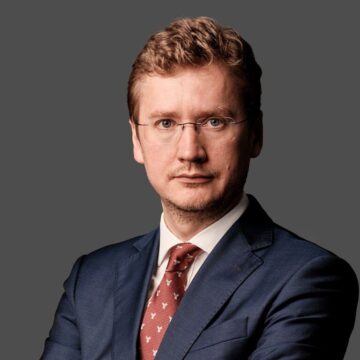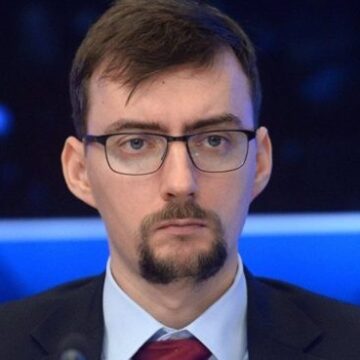The main objective of the next stage of international politics is to prevent any savage behaviour as rules and institutions crumble and it becomes every country for itself. This is hardly a very uplifting mission, but it is what the past thirty years amounted to. The first post-Cold War attempt to build a stable and relatively just world order without a major war ended with what we have today. The pandemic is giving the world a second chance, even if in an extreme environment.
The reality in the late 20th century and early 21st century as we knew it was based on the notion that the future has come, even if it did not happen for everyone simultaneously, but it would inevitably dawn on everyone, and everyone knew what it would be like. The very metaphor of the “end of history” served as a refrain for an entire political era, hinting that with history at its peak, the future has become irrelevant. Having reached this point, it was a question of how fast the
“correct” state and international governance framework will spread around the world and how smoothly this process will unfold to resolve all the problems humanity is facing once and for all. Technological progress fed into the feeling that the future is already here, since almost everything described in sci-fi books has either become reality or is about to materialise.
From the outset, everyone thought that the future we were already living in would bring a bright new dawn, so we were supposed to rejoice. There were no tragic undertones in this irreversibility, viewed as the definitive triumph of progress. The discomforting wake-up calls and the liberal globalisation’s side-effects were regarded as the inevitable cost we had to pay on the path to universal success. Even the most determined opponents of globalisation and its irreconcilable critics did not believe in reversing this process. The debate revolved around mitigating the effects of globalisation on the world, and how those on the fringes could adapt to this environment. They did benefi t from some modest support measures, and overall the idea of an interconnected and uniform global system became deeply embedded in the international narrative over the past fifteen years.
The pandemic has undercut this vision of harmony and order. It turned out that nothing is preordained, and globalisation in its entirety can be literally switched off around the world in a matter of ten days, as it happened in March 2020.


Lockdowns enacted in the spring of 2020 across the world dealt a blow to all four freedoms of movement that underpinned the globalised world: for people, goods, services and capital. They were not affected to the same degree, ranging from a near complete halt in the movement of people to a slight, albeit still significant, decrease in capital flows. Overall, international mobility declined manifold. Of course, this was a major shock, but the world did not crumble.
The economy, social and government practices all adapted to the new environment. The longer the pandemic-induced jitters continue, the harder it will be to imagine a return to a world as we knew it, even if so far this is what people aspire to. Another factor that makes a return to the past reality unlikely lies in the discovery by governments that the epidemiological threat can be conveniently integrated into their agendas, offering a pretext for introducing various restrictions or declaring emergencies as they please. In this context, governance and control take on an entirely new meaning.


The migration policy is a case in point. There is nothing new about mass migration fl ows heading North from the South. However, the deepening crises around the world caused directly or indirectly by the pandemic encourage migration and incite people from disadvantaged regions to seek a better life elsewhere. It is quite possible that in the end, tight border controls will remain in place, or just a few borders will reopen in a post-COVID world. Closing down borders (for good) is an effective way of dealing with the migration factor that stokes tension in developed countries, making sticking with these measures quite tempting.
All the borders closed in a single instance, and this happened for an obvious reason. After all, a virus is a virus – isolation is the only way of combatting it. Ironically, these simultaneous border closures constituted what could be regarded as the last step towards true globalisation signalling the onset of total uniformity of action.
However, borders will not reopen just as simultaneously, with every country and region following their own logic, timeframes and their own assessments that go far beyond health-related concerns.















